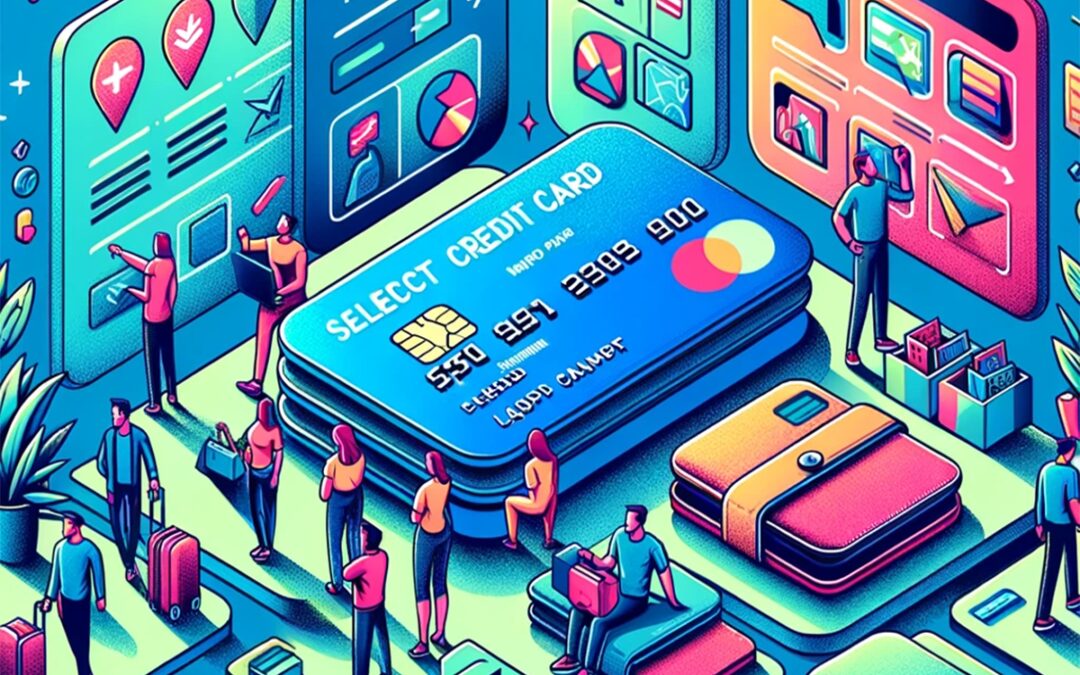Using a credit card can help you improve your financial situation and develop better money management skills. Just utilise your credit cards to pay your expenses and make sure you pay off your credit card debt on time to raise your credit score.
The Reserve Bank of India (RBI) has amended certain provisions which will come into effect from March 07, 2024. The RBI has also released latest FAQs related to credit Card and debit Card issuance.
Can a card-issuer allow a credit card to be used beyond the sanctioned credit limit and charge overlimit fees?
According to the RBI FAQs, “Usage of a credit card beyond the sanctioned credit limit (i.e., overlimit) requires prior explicit consent of the cardholder, as a fraud minimisation mechanism. Further, a cardholder shall be given an option to enable or disable the option of overlimit through transaction control mechanism available on card-issuer’s platforms such as internet, mobile banking, or any other suitable medium. Unless explicit consent has been obtained from the cardholder for the overlimit facility, no overlimit can either be provided or overlimit charges be levied.”
Here are some important FAQs on Master Direction (MD) – Credit Card and Debit Card – Issuance and Conduct Directions, 2022
What should a customer do if a credit card is issued without his/her consent (unsolicited card)?
Card issuers are prohibited from issuing unsolicited credit cards and are required to seek prior and explicit consent from the customer before issuing a card. However, if the customer receives an unsolicited card, he/she should refrain from activating or providing consent for activation of card through OTP or any other means. If no consent is received for activating the card, the card-issuer is required to close the credit card account without any cost to the customer within seven working days from the date of seeking confirmation from the customer and shall also intimate the customer that the credit card account has been closed. Subsequent to receiving the intimation from the card-issuer that the card account has been closed, the customer shall destroy the card. Further, the customer may file a complaint with the card-issuer against the issuance of unsolicited card and escalate it to the RBI Ombudsman as per Integrated Ombudsman Scheme.
Can a card be issued to other loan accounts such as overdraft facility, cash credit facility, working capital loan, etc.?
Yes, paragraphs 7(b) and 7(c) of the MD have enabled issuance of various types of credit cards which can be customized to access the limits available in different loan accounts, duly aligned to the terms and conditions stipulated for the concerned loan account. For example, a customer availing an overdraft facility from a bank can be issued a type of credit card to access the funds available under the facility. The terms of usage of this credit card (interest charged, repayment schedule, penalty, cash withdrawal limit etc.,) shall correspond to the terms and conditions applicable to the overdraft facility.
Further, para 7(c) provides adequate flexibility to the card-issuers to design Business Credit Cards as envisaged in their Credit Card policy. However, it may be noted that banks cannot issue debit cards to cash credit/loan accounts. what are the transactions that are eligible (i) to be adjusted towards the outstanding dues and (ii) credited to the bank account of the cardholder?
Response: For a typical credit card with billing cycle from October 1, 2023 to October 30, 2023, let’s assume the bill is generated on October 30, 2023 and the due date of payment is November 19, 2023. The different scenarios for adjustment of credit are detailed below:
| Scenario 1 – Credit of refund/failed/reversed transaction within the same billing cycle | |
| Purchase transaction date – October 15, 2023 | As bill is yet to be generated in the given case, the refund amount received on October 19, 2023, shall be adjusted with other debits, prior to calculation of the Total Amount Due. |
| Refund on October 19, 2023 – For cancellation of purchase dated October 15, 2023 | |
| Scenario 2 – Credit of refund/failed/reversed transaction post generation of bill but before making payment of the dues | |
| Purchase transaction date – October 29, 2023 | The bill is generated on October 30, 2023, however, the payment towards the dues has not been made till the date of refund. Therefore, the refund amount received on November 04, 2023, shall be adjusted towards the Total Amount Due (TAD) and accordingly the cardholder will be required to pay only the remaining outstanding (Remaining outstanding = TAD – Refund amount). |
| Scenario 3 – Credit of refund/failed/reversed transaction for which payment has already been made | |
| Purchase transaction date – October 30, 2023 | As the cardholder has already cleared the dues, card-issuers shall seek explicit consent of the cardholder to adjust the refund amount in line with the provision stipulated at Para 10(h) of the MD. |
| Payment towards dues – November 06, 2023 | Case I – If the cardholder gives explicit consent, then refund amount shall be adjusted. |
| Refund on November 07, 2023 – For cancellation of purchase dated October 30, 2023 | Case II – If the cardholder does not provide the consent or no response is received for adjustment of the refund, then the refund amount will be credited to the bank account of the cardholder in line with para 10(h). |
| Further, if the cardholder makes a request for crediting the refund (transaction for which payment has already been made), the same shall be credited back to the bank account of the cardholder irrespective of the cut off defined under Para10(h). | |
What can be considered as activation of credit card?
Response: Customer-initiated process indicating intent to use a credit card such as PIN generation, modification of transaction control, Interactive Voice Response, recorded call to the customer care centre and SMS may be considered as activation. However, if the card is not activated by the cardholder for more than 30 days from the date of issuance, card-issuers shall seek One Time Password (OTP) based consent in line with para 6(a)(vi) of the MD.
Whether consent for activation and closure of a business credit card can be obtained from the corporate/business entity instead of the cardholder?
For business credit cards, wherein the cards have been issued based on the application by a corporate or business entity, card-issuers shall seek explicit consent as required under paragraph 6(a)(vi)/send intimation as required under paragraph 8(b) respectively from/to the principal account holder (viz. corporate or business entity) unless specified otherwise in the agreement. Similarly, with regard to retail credit cards too, it is clarified that the requisite consent shall be sought from the principal cardholder and not from the add-on cardholders.
In case a cardholder makes partial payment, can a card-issuer charge interest/levy late payment charges on the total amount due?
In case a cardholder does not clear the total amount due within the payment due date, interest free credit period will be lost, and interest may be levied from the date of transaction on the outstanding amount (adjusted for payments/refunds/reversed transactions as and when credited) and not on the total amount due. Further, late payment fee and other charges relating to delay in payment shall be levied only on the outstanding amount (adjusted for payments/refunds/reversed transactions as and when credited) after the payment due date and not on the total amount due.
Whether a credit card-issuer can levy interest on the unpaid taxes/levies/charges?
No, card-issuers shall not capitalize i.e., levy interest or any other charges, on the unpaid taxes/levies/charges. As the provision contained under para 9(b)(ii) of the MD became effective from October 01, 2022, card-issuers shall not capitalize unpaid taxes/levies/charges that have been billed from October 01, 2022.
In reference to Para 10(g) and 10(h) of the MD, what are the transactions that are eligible (i) to be adjusted towards the outstanding dues and (ii) credited to the bank account of the cardholder?
For a typical credit card with billing cycle from October 1, 2023 to October 30, 2023, let’s assume the bill is generated on October 30, 2023 and the due date of payment is November 19, 2023. The different scenarios for adjustment of credit are detailed below:
Scenario 1 – Credit of refund/failed/reversed transaction within the same billing cycle
Purchase transaction date – October 15, 2023
Refund on October 19, 2023 – For cancellation of purchase dated October 15, 2023
As bill is yet to be generated in the given case, the refund amount received on October 19, 2023, shall be adjusted with other debits, prior to calculation of the Total Amount Due.
Scenario 2 – Credit of refund/failed/reversed transaction post generation of bill but before making payment of the dues
Purchase transaction date – October 29, 2023








